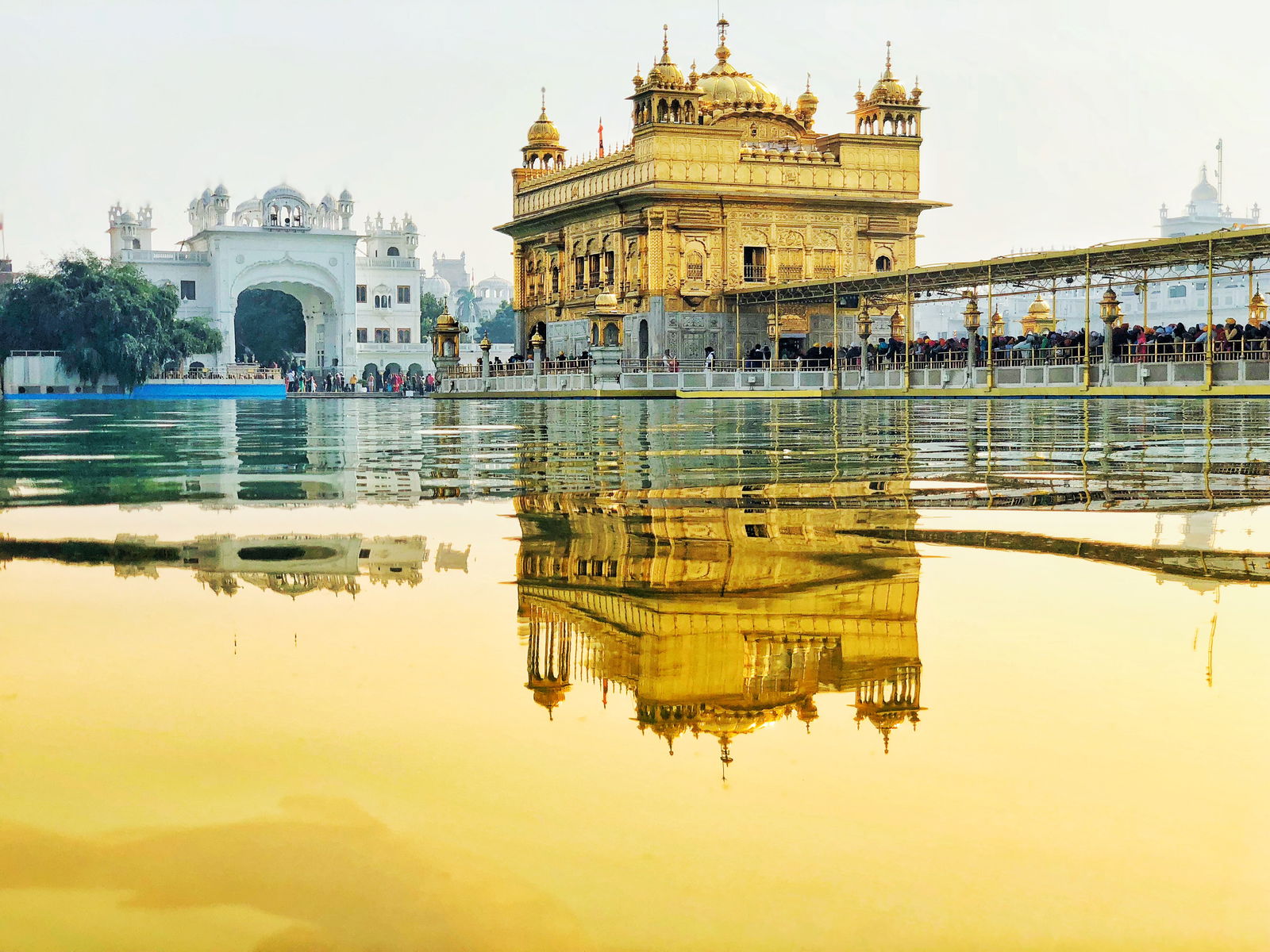
India
Is India Safe
Overview: Is India Safe?
India, a vast and diverse country in South Asia, is known for its rich culture, historical landmarks, and vibrant traditions. However, safety concerns frequently arise when considering travel to this captivating destination. While it's essential to exercise caution and be mindful of your surroundings, India can generally be considered a safe place for tourists. Taking necessary precautions and understanding the unique aspects of Indian society can go a long way in ensuring a secure and enjoyable trip.
Safety Precautions
- Personal Belongings: Keep an eye on your belongings at all times, particularly in crowded places or tourist hotspots.
- Transportation: Use reputable transportation services, such as registered taxis and pre-paid cab services. Avoid traveling alone late at night, especially in isolated areas.
- Public Spaces: Be cautious in public spaces, as pickpocketing and other petty crimes can occur. Stay vigilant in crowded markets, train stations, and tourist sites.
- Health and Hygiene: Take necessary health precautions by drinking bottled water, avoiding street food, and maintaining good personal hygiene.
- Local Customs: Familiarize yourself with local customs, dress appropriately, and respect religious and cultural practices to avoid unnecessary trouble.
Women's Safety
- Dress Modestly: Women should consider dressing modestly to respect local customs and avoid unwanted attention.
- Travel Companions: When possible, travel with a companion, especially during nighttime activities.
- Avoid Isolated Areas: Stay away from remote or poorly lit areas, particularly after dark.
- Transportation: Opt for reputable mode of transportation and avoid traveling alone in empty buses or trains at night.
- Hotel Security: Choose accommodations with good security measures and avoid sharing personal details with strangers.
Scams and Touts
- Bargaining: Be aware that bargaining is common in markets, but stay cautious of inflated prices or counterfeit products.
- Touts: Beware of touts and unofficial tour guides who may approach you in popular tourist areas. Opt for licensed guides recommended by reliable sources.
- Prepaid Services: Use prepaid services like taxis, auto-rickshaws, and tours to avoid being overcharged.
- Fake Police Officers: In rare cases, individuals impersonating police officers may attempt to extort money from tourists. Request identification and contact the local authorities if necessary.
Transportation
- Road Safety: Exercise caution on Indian roads due to traffic congestion, reckless driving, and inadequate infrastructure. Wear seatbelts, use helmets, and follow local traffic rules.
- Public Transport: Take precautions when using public transportation, especially during rush hours. Be aware of your surroundings and keep valuable items secure.
- Train Travel: Indian Railways is a popular mode of travel, but be cautious of your belongings and lock your compartment when traveling overnight.
Terrorism and Political Unrest
- Stay Informed: Stay updated on current events and any travel advisories issued by your government.
- Avoid Protests and Demonstrations: Steer clear of political rallies, protests, and large gatherings that can potentially turn violent.
- High-Risk Areas: Exercise caution when visiting regions close to international borders or experiencing ongoing conflicts.
Conclusion
While no destination is entirely free of risks, India is generally safe for travelers who take appropriate precautions and remain vigilant. By following basic safety guidelines, respecting local customs, and staying informed about the local situation, visitors can enjoy the wonders of India without compromising their well-being. Remember that embracing the diversity and immersing yourself in the local culture is part of what makes India an incredible and memorable travel experience.








